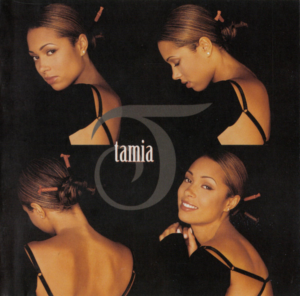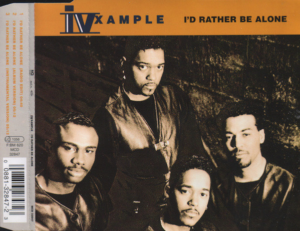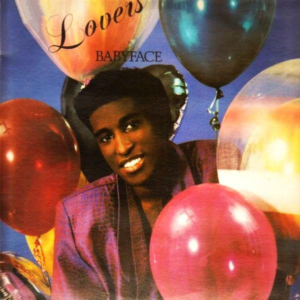Comedy legend Eddie Murphy was fresh off the success of a starring role in the highest-grossing movie of 1984 when he went to the studio to record his first musical album. Carrying the title How Could It Be, the album arrived in stores on July 20, 1985. Famous actors dabbling in music was nothing new. Remember when Miami Vice star Philip Michael Thomas cut an album? However, in Murphy’s case, his studio album was recorded as part of fulfilling a $100,000 bet with iconic comic Richard Pryor, who thought Murphy could not sing.
“Party All The Time” was the first single from the album, which found Murphy working with funk legend Rick James. An infectious bop about a girl just having a great time, the song featured one of James’ most memorable synthesized hooks. When the song was released, I was four years old, but I can only imagine how much fun it was to hear this one in the clubs.
The album’s title track, a duet (featuring Crystal Blake), was the second single. Murphy co-wrote the song with Frank Hamilton and Rick James. The song is a melancholy ballad that gives Murphy a chance to showcase his voice while avoiding vocal theatrics. Murphy never tries to emulate the great soul singers of the time but instead stays in his lane and provides a decent track. Given Murphy’s celebrity, it’s surprising that he didn’t line up an all-star production team of Jimmy Jam & Terry Lewis, Leon Sylvers, and Quincy Jones to provide tracks for the album.
Next to Rick James, the only other producer to provide music for the product was Aquil Fudge. Stevie Wonder does provide his pen game to two songs, the album’s opener, “Do I,” and its closer, “Everything’s Coming Up Roses.” Wonder’s contributions have his signature sound, and they truly bring out Eddie’s vocals.
Murphy himself also receives three writing credits on the album. The song Murphy writes are “Con Confused,” a disco-influenced piece, “I, Me, Us, We,” a tribute to funk titans Parliament, and “My God Is Color Blind,” an anti-racism song that falls flat. Nevertheless, Murphy can have one rotten apple as the album is only eight songs.
Murphy took a risky approach to see what he could do with music, but it primarily works given the decade. While Murphy isn’t a top-tier vocalist, the comic can carry a tune, and honestly, his debut album is better than some music that is hitting streaming platforms today.
Final Grade: B-
How Could It Be is available on all streaming platforms






